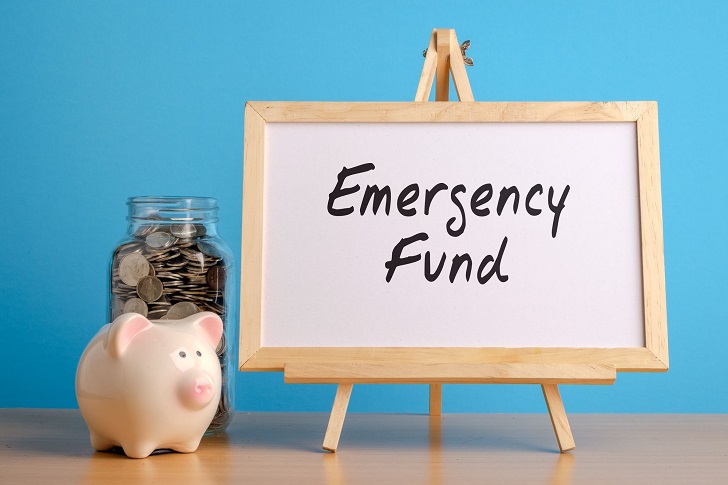Ahoy, future financial adventurers! Let’s set sail on the captivating voyage of investing—where dreams of wealth meet the exhilarating challenge of making them a reality.
Embarking on this journey toward financial mastery can feel like stepping into a thrilling saga. But fear not, fellow beginners! We’ve gathered a treasure chest of investing tips to guide you through this daring escapade toward financial greatness.
Chart Your Financial Course With Clarity
Before setting sail into the uncharted waters of investing, it’s crucial to mark your destination! Define your financial goals—whether it’s the distant shores of retirement, owning a dream home, or amassing wealth for future adventures. Clear goals will be your guiding stars, steering your investment strategy through unpredictable market currents.

Master the Art of Diversification
Ahoy, ye treasure seekers! Spread your loot across different chests—invest in stocks, bonds, real estate, and other valuable treasures. Why? Because just as a well-built ship can brave any storm, a diversified portfolio can weather economic waves and market fluctuations.
Navigate Your Unique Risk Compass
Every investor boasts a unique risk compass! Are you a daring pirate seeking high returns, or do you prefer a more cautious approach to navigate safer waters? Understanding your risk tolerance is like having a reliable compass—it helps you chart a course through rocky market conditions.
Equip Yourself With Financial Knowledge
Navigating the seas of investment requires a well-drawn map! Keep learning—dive into books, join financial expeditions (a.k.a. seminars), and seek counsel from experienced navigators. The more knowledge you hoist, the smoother your voyage will be.

Set Sail Early and Maintain Steadfastness
Time is your staunchest ally in this pursuit. Set sail early and maintain your course. Similar to a treasure chest accumulating gold over time, investments grow with patience and regular contributions.
Sail Smoothly With Dollar-Cost Averaging
Aye, a savvy strategy indeed! Invest fixed amounts at regular intervals, regardless of the market’s tides. It’s akin to stocking up on treasure when prices are low and being prudent when they soar.
Beware of Hidden Costs and Sharks
Trim those sails and cut down on unnecessary expenses! High fees can plunder your treasure trove. Opt for low-cost options like index funds and ETFs—they’re like secret treasure chests with fewer fees.
An Emergency Fund: Your Financial Lifeboat
Don’t embark without a lifeboat! Keep an emergency fund handy for stormy days. It’ll rescue you in unexpected squalls without dipping into your investment treasure.

Chart Your Course Wisely: Review and Adjust
As your goals change, so should your course. Regularly check your investments and adjust as needed to stay on track toward your financial horizons.
Sail Steadfastly Through Market Storms
Emotions can be treacherous seas! Don’t let fear or greed steer your ship astray. Stick to your plan like a seasoned captain—steady, focused, and undeterred by market turbulence.
Armed with these savvy tips, you now possess the map to navigate the thrilling yet challenging world of investments. May fair winds and following seas guide you on your quest for financial fortune! Yo ho ho and a bottle of profits!





